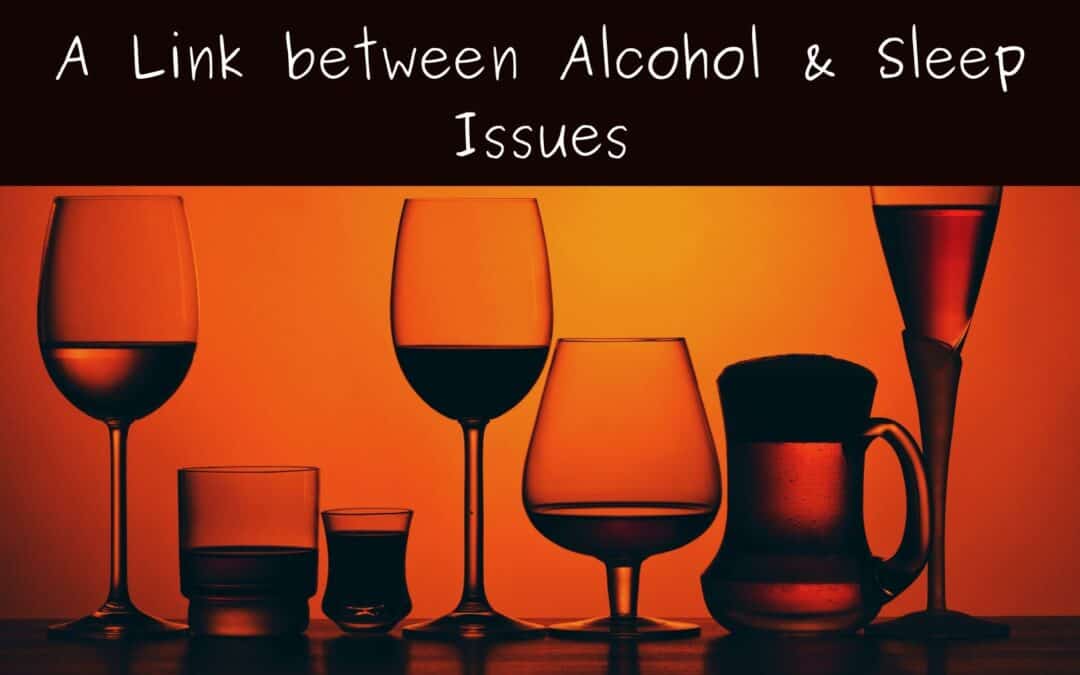Alcohol use can impact sleep in a variety of ways. Chronic alcohol abuse is linked to severe sleep disturbances, and addressing sleep disorders is crucial to prevent the development of alcohol dependence. Alcohol is a central nervous system depressant so it slows down neurological processes like attention, perception, coordination etc. This is highlighted by common side effects of alcohol consumption – slurred speech, clumsy movement, and distorted perception. There is a correlation between excess intake of alcohol and poorer quality of sleep. This can contribute to (or amplify) the development of common sleep disorders like sleep apnea or insomnia, particularly for individuals with alcohol use disorders, which can significantly impact daily life. These sleep disorders produce a range of symptoms like chronic fatigue and low energy which makes it difficult to manage daily tasks and responsibilities.
Impact of Alcohol Consumption on Sleep Quality
The ways in which people drink alcohol affects a person depends on a range of factors specific to that individual. This includes a person’s age, size, drinking threshold etc. which informs how their body metabolizes alcohol. Alcohol enters the bloodstream and is then broken down by enzymes in the liver. This is a gradual process that is determined by the quantity of alcohol consumed and previously mentioned individual factors. As alcohol remains in the bloodstream, common effects are produced which can delay or interrupt sleep. The ways in which people drink alcohol affect sleep quality and duration, varying based on individual tolerance, amount consumed, and timing relative to bedtime. Alcohol research has shown that alcohol consumption impacts sleep patterns, cognitive performance, and related disorders.
To better understand how alcohol can impact sleep, it is useful to understand how sleep processes work. Sleep consists of sleep cycles that are made up of four stages (per sleep cycle). During one night of sleep, people typically experience 4-6 sleep cycles that involve https://enticare.comthe following stages:
-
- Stage 1: the first 1-5 minutes of initiating and falling asleep where the body and brain begin to slow down.
- Stage 2: the body becomes more relaxed: body temperature, breathing, and heart rate slow down.
- Stage 3: the body enters deep sleep during this stage which involves a further slowing down of muscles, heart rate, breathing, brain etc. –
- Stage 4: known as REM sleep, this stage consists of the brain becoming more alert and active, nearly resembling when one is awake. Though the brain is reawakening, the body remains relaxed. Along with the brain, the eyes and breathing muscles also become active.
Alcohol impacts these sleep stages in a few different ways. Alcohol, being a central nervous system depressant, slows the body down. Acting like a sedative, this can allow people to fall asleep quicker. But this then impacts the length of time a person spends in each stage of sleep. As the body metabolizes alcohol, these stages can be disrupted, creating imbalances throughout sleep. This can look like sleep that is restless, waking up throughout the night, sleeping less etc. If this is experienced regularly, it can lead to consistently receiving less than 7-9 hours of sleep which is the recommended amount for adults. It can also contribute to, or worsen existing sleep disorders. Alcohol disrupts the sleep-wake cycle, potentially leading to insomnia and irregular sleeping patterns.
Link Between Alcohol & Sleep Disorders
According to the American Sleep Association, 50 to 70 million adults have a sleep disorder; making sleep disorders a pervasive chronic health issue. The most common sleep disorders are insomnia and sleep apnea. Alcohol can lead to or exacerbate these sleep disorders in the following ways:
-
- Insomnia: this is the more common sleep disorder and refers to inability (or difficulty) initiating and/or remaining asleep. Insomnia can be experienced infrequently, occasionally, or chronically. Alcohol can take a toll on sleep stages, including rapid eye movement, making it difficult to maintain and receive quality sleep. Alcohol can lead to rapid sleep onset, but this is often followed by poor sleep quality throughout the night.
- Sleep Apnea: this sleep disorder is characterized by disrupted or abnormal breathing throughout sleep. The most common type of sleep apnea is obstructive sleep apnea which occurs when the tissue in the back of the throat collapses; affecting airflow. Research suggests that alcohol contributes to the throat muscles relaxing which can obstruct airflow. Drinking alcohol can worsen conditions like sleep apnea and snoring.
Excess intake of alcohol can impact quality of sleep which can produce symptoms like irritability, lack of concentration, low energy, exhaustion etc. Acute alcohol administration can increase slow wave sleep (SWS) during the early phases of sleep while leading to disturbances later in the night. Useful ways you can minimize the impact that alcohol can have on sleep is by:
-
- reducing overall intake and drinking moderately
- avoiding alcohol consumption at least a few hours prior to sleeping
Integrating these simple adjustments can improve your sleep and help you feel more energized throughout the day. Enhanced sleep has countless benefits that improve overall health!
If you have been struggling with sleep issues, we’re here to help! Contact us today to schedule an appointment with our sleep specialists.

